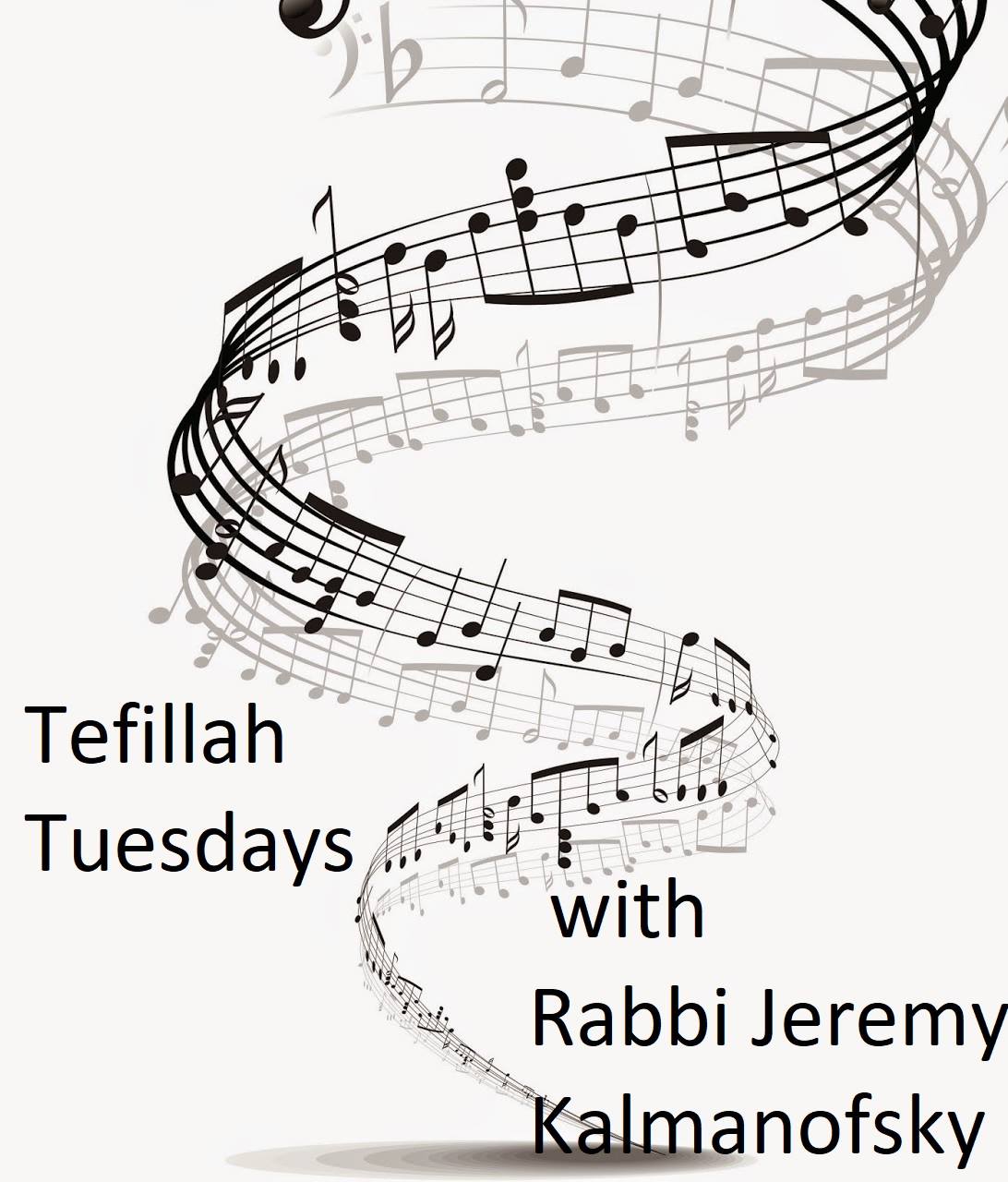Psalm 149 comes next in P’sukei d’Zimra, and begins with a challenging line: שירו לה’ שיר חדש, or “sing a new song to God.”
Daily daveners know that it often feels like there is nothing “new” at all about our prayers. Praying from our siddurim is an exercise in relentless repetition: the identical words, day after day, Shabbat after Shabbat, for years on end. There is even something paradoxical about assigning this headline to a biblical text. The Bible fixes the exact text of Psalm 149. How can the same Bible codify and canonize a specific text, and then summon us to sing a “new” song. This song has been awfully old for at least 25 centuries by now!
Traditional Jewish worshippers, however, if they are spiritually adept and creative, know how to compose new songs from ancient words. Innovation in prayer flows not because you’ve never said these words before, but rather because you’ve never said these words in exactly the same way before. If you pay attention to how you are different each time you recite the prayers, you discover that the identical songs can still be new and renewed in your heart.
To illustrate this, please consider a brief teaching from a Torah giant, and one modern American poem:
At Deuteronomy 26.16, at the end of 40 years in the wilderness, Moses states that “today the Lord commands you.” Hmm. Today? Didn’t Sinai happen 40 years previously? Rashi [France, 11th century] comments that God commands בכל יום יהיו בעיניך חדשים, כאלו בו ביום נצטוית עליהם, “every day let the commandments seem fresh to you, as if you were addressed this very day.” If Judaism’s songs are to be “new,” in other words, it is because you retain a fresh, joyous orientation to them. As in your jobs, friendships and love-relationships, growing bored is spiritually fatal. You have to remain open to new feelings, excitements and experiences. That’s not always easy. But the spiritual work of being a good davvener will not come only from what you see in the prayer book. It has to come from you. This morning, or this Shabbat, what new, fresh joys, worries, hopes and fears do you bring to the moment of worship? What new marvel do you notice about God’s world today? How can you ready yourself to sing a song you’ve never sung before?
An example of a shir hadash, or “new song,” comes from e.e. cummings, the American poet, who sang this song of morning renewal, listening with the ears of his ears, seeing with the eyes of his eyes:
i thank You God for most this amazing
day: for the leaping greenly spirits of trees
and a blue true dream of sky; and for everything
which is natural which is infinite which is yes
(i who have died am alive again today,
and this is the sun’s birthday; this is the birth
day of life and of love and wings: and of the gay
great happening illimitably earth)
how should tasting touching hearing seeing
breathing any–lifted from the no
of all nothing–human merely being
doubt unimaginable You?
(now the ears of my ears awake and
now the eyes of my eyes are opened)





